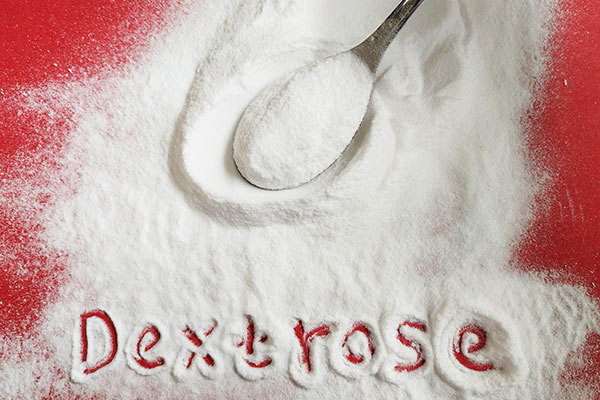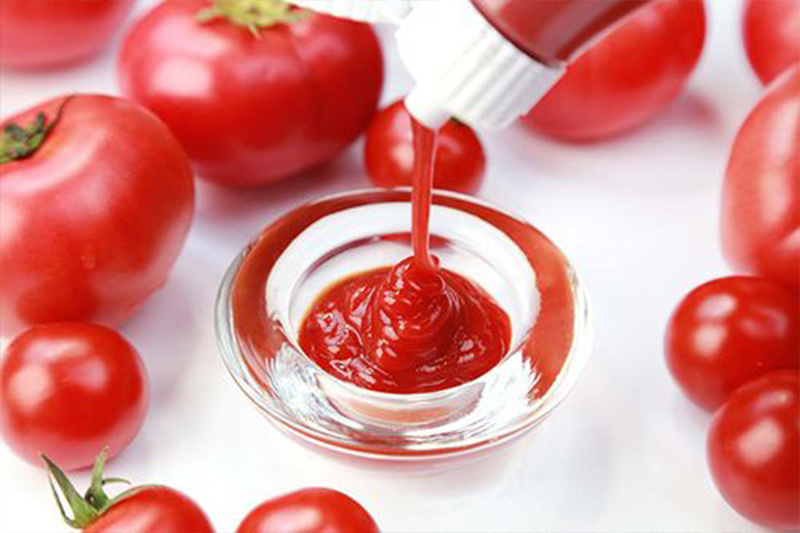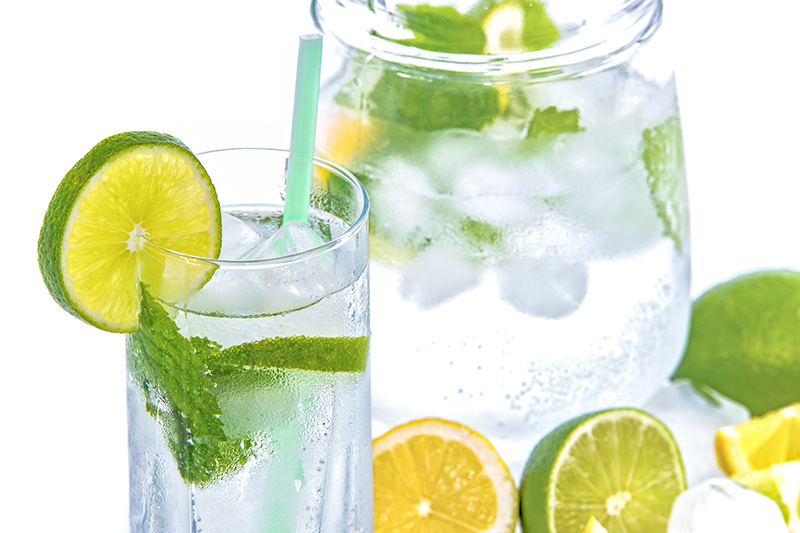


Citric Acid Monohydrate (Е330)

Physicochemical Property
The chemical name is 2-hydroxypropane-1,2,3-tricarboxylic acid. It is a weak tribasic acid with a molecular formula of C6H8O7∙H2O and a density of 1.542 g/cm3.Citric acid monohydrate is a colorless crystal or white powder without lumps.It has a pleasant sour taste, no odor or foreign taste. It is very soluble in water and ethanol, and slightly soluble in ether.It begins to soften at 75 °С and melts at 100 °С.

Product application
Citric acid monohydrate is widely used in the food industry as an acidulant, acidity (pH) regulator, preservative, flavoring agent, complexing agent, emulsifier, stabilizer and antioxidant. It is also frequently used in the pharmaceutical, cosmetic, chemical, textile, leather, metallurgical and other industries, and can also be used to produce cleaners and detergents.

Product features
Citric acid exists in two forms: anhydrous and monohydrate. The difference between them is that anhydrous citric acid has no crystal water, while citric acid monohydrate contains one crystal water in the molecule. Citric acid has the properties of carboxylic acid and alcohol. Monovalent, divalent and trivalent salts and esters of citric acid can be obtained. Citric acid participates in the human body's metabolic process, improves energy metabolism, and is also a necessary substance for maintaining acid-base and ion balance in organisms. As a food additive, citric acid has low calories and is safe and harmless.

Product specifications
Crystal or powder







 86-17361856162
86-17361856162
